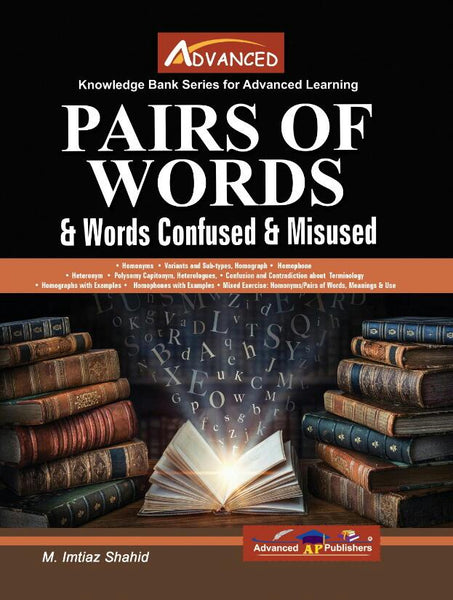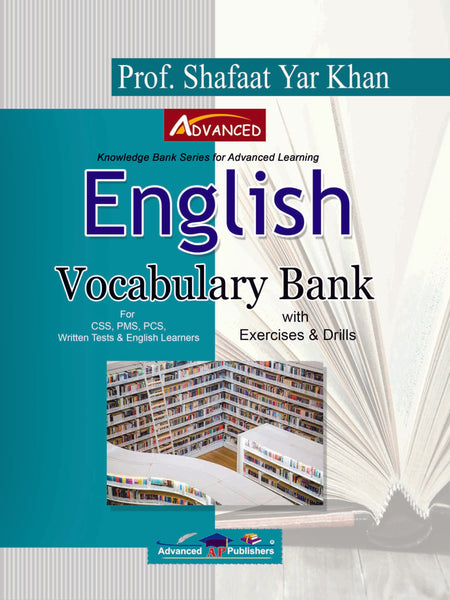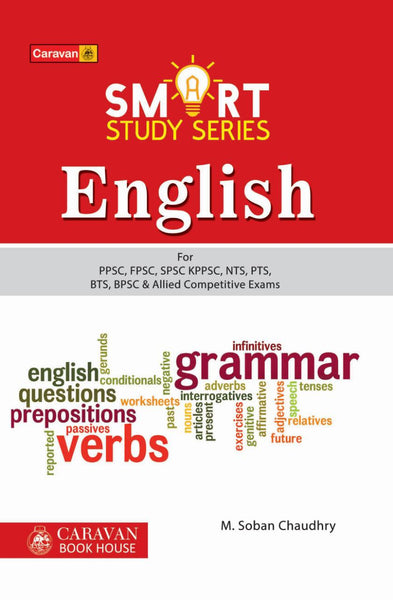"Formal Languages and Automata: An Introduction, 6th Edition" by Linz Peter provides a comprehensive and accessible introduction to the theoretical underpinnings of computer science, focusing on formal languages, automata theory, and computational complexity. The book is structured to guide students through the fundamental concepts and techniques used to understand and manipulate formal languages and automata, offering a clear exposition of key topics such as regular languages, context-free languages, Turing machines, and decidability. With its balance of rigorous theory and practical application, this edition is an essential resource for students and professionals in computer science.
Key Points
1. Introduction to Formal Languages
Formal languages are mathematical abstractions used to describe the syntax of programming languages. This section introduces the basic concepts, definitions, and notations used in the study of formal languages.
2. Finite Automata
Finite automata are theoretical machines used to recognize patterns within input taken from a finite alphabet. This key point explores deterministic and non-deterministic finite automata and their equivalence.
3. Regular Languages
Regular languages are a class of languages recognized by finite automata. The section delves into regular expressions, the properties of regular languages, and the methods to prove a language is regular.
4. Context-Free Grammars
Context-free grammars (CFGs) are used to generate context-free languages, which are more powerful than regular languages. This part covers the structure of CFGs, derivation trees, and the Chomsky normal form.
5. Pushdown Automata
Pushdown automata (PDA) extend finite automata by adding a stack, enabling the recognition of context-free languages. The section explains the relationship between PDAs and context-free grammars.
6. Turing Machines
Turing machines are abstract computational models that can simulate any algorithm. This key point discusses the construction of Turing machines, their role in defining computability, and the Church-Turing thesis.
7. Decidability
Decidability concerns whether a problem can be solved by an algorithm in a finite amount of time. This section explores decidable and undecidable problems, with examples like the Halting Problem.
8. Complexity Theory
Complexity theory studies the resources required for solving computational problems. The book examines time and space complexity classes, P vs NP problem, and polynomial-time reductions.
9. Applications of Automata Theory
Automata theory has practical applications in various fields, including compiler construction, text processing, and artificial intelligence. This part highlights some real-world uses of the concepts covered.
10. Exercises and Problems
The book includes a wide range of exercises and problems at the end of each chapter to reinforce understanding and application of the theoretical concepts. These are designed to challenge students and enhance their learning experience.
In summary, "Formal Languages and Automata: An Introduction, 6th Edition" by Linz Peter offers a thorough and engaging exploration of the foundational theories of computer science. It serves as an invaluable resource for students seeking to understand the principles and applications of formal languages and automata, providing both theoretical insights and practical problem-solving techniqu
════ ⋆★⋆ ════
Writer ✤ Linz Peter




























 English
English اردو
اردو